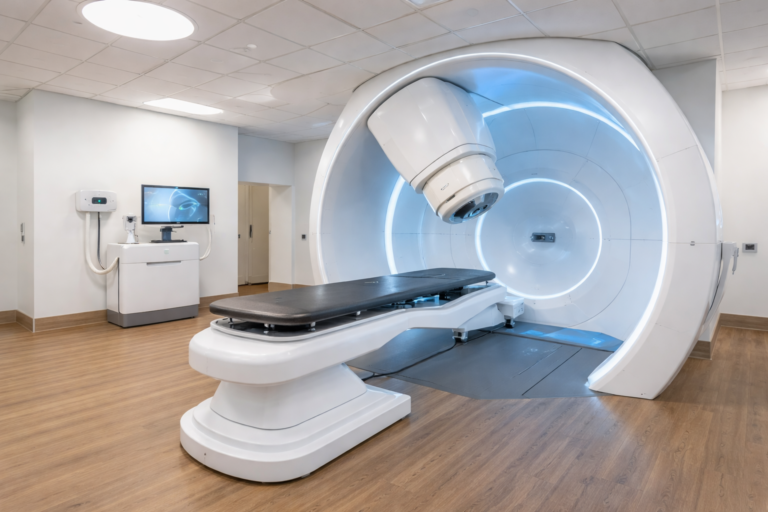
Vaxxas announced the start of a multi-center Phase I clinical trial for a vaccine targeting the pre-pandemic avian influenza strain H7N9, using its high-density microarray patch (HD-MAP) technology.
Vaxxas has initiated a multi-center Phase I clinical trial of a pre-pandemic avian influenza H7N9 vaccine using its high-density microarray patch (HD-MAP) technology. Conducted in collaboration with Australian clinical sites and overseen by the Biomedical Advanced Research and Development Authority (BARDA) from the U.S. Department of Health and Human Services, the trial aims to enhance capabilities for responding to potential future pandemic threats.
The HD-MAP platform delivers vaccines via a small patch applied briefly to the skin, eliminating many costs and complexities associated with traditional needle and syringe vaccinations. By targeting dense populations of immune cells in the skin, the HD-MAP enhances immune responses and may allow for dose-sparing benefits. The patches are easy to use, stable at room temperature, and can be distributed by mail or courier for potential self-administration.
This clinical trial includes 258 healthy participants aged 18 to 50, marking Vaxxas’ largest Phase I study with HD-MAP technology to date. The trial will compare the safety and immune response of participants receiving the H7N9 vaccine via HD-MAP versus conventional needle and syringe methods. Initial results are expected in 2025 and will be shared with BARDA and published by Vaxxas and its collaborators.
David L. Hoey, President and CEO of Vaxxas, emphasized the need for better and more accessible vaccine delivery options in response to global pandemic threats, highlighting the potential of HD-MAP for rapid deployment, thermostability, ease of use, and improved patient acceptance. Market research shows a significant preference for HD-MAP over traditional needle-and-syringe methods.
The H7N9 strain of avian influenza, deemed ‘of concern’ by the World Health Organization (WHO), has caused severe illness in most affected patients. The Phase I study is being conducted at three University of the Sunshine Coast clinical trial centers in Queensland and the Doherty Clinical Trial Center in Melbourne, Victoria.
About Avian Influenza A (H7N9)
H7N9 is a subtype of influenza viruses detected in birds, livestock, and humans. The WHO notes that this strain has an infection fatality rate (IFR) of 39%, with over 1,500 reported cases since 2013.
About HD-MAP Needle-Free Vaccines
Vaxxas’ HD-MAP consists of thousands of microprojections on a small patch, each loaded with a tiny dose of dried vaccine. When applied to the skin, the patch delivers the vaccine to immune cells just below the skin surface. HD-MAP offers benefits over traditional methods, such as improved stability at higher temperatures and easier administration, with clinical trials showing equal or greater immune responses at lower doses compared to injections. The patches could enable at-home or workplace vaccine delivery, reducing delays and avoiding the need for centralized vaccination locations, especially during pandemics.
About Vaxxas
Vaxxas is a biotechnology company focused on improving vaccine performance using its proprietary HD-MAP technology, with initial applications in infectious diseases and oncology. With success in several human clinical trials involving over 500 participants, Vaxxas is advancing toward commercialization of its vaccine delivery platform, supported by BARDA funding. Founded in 2011 as a spin-off from The University of Queensland, Vaxxas is backed by investors including OneVentures, Brandon Capital Partners, and HealthCare Ventures, with additional support from the Australian Government’s Innovation Investment Fund.




